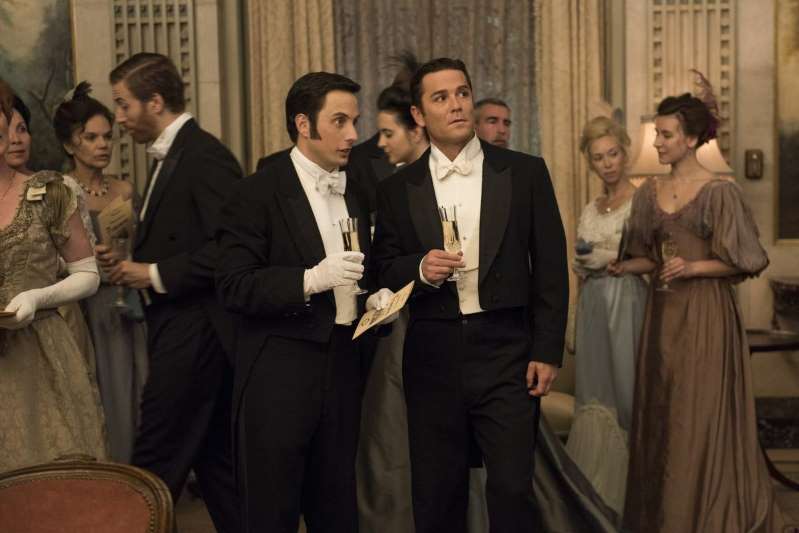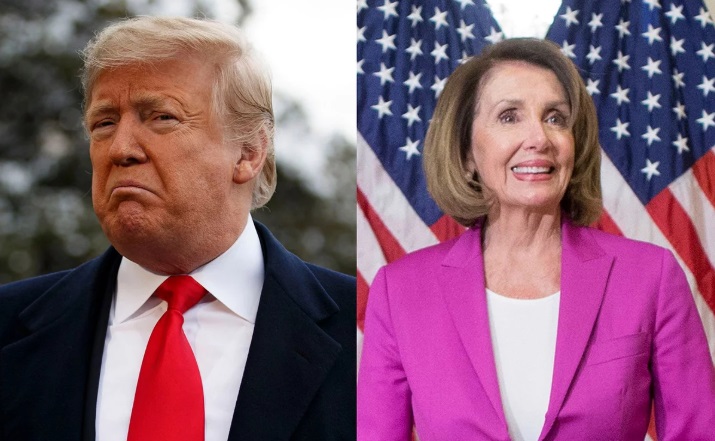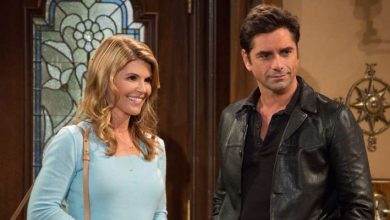Rick Salutin: Why we can’t afford to ignore stupidity at the CBC
Wednesday was a weird news day. In the U.S., bombs began popping up,
as it were, in the precincts of Trump adversaries and critics, incuding CNN’s New York studio.
CNN evacuated and spent the rest of the day talking about nothing else.
Up here, CBC, in the form of its commando news arm, CBC News Network, quickly attached a siphon
to CNN and it, too, covered nothing else, except weather. Showing impressive restraint,
it didn’t switch to U.S. weather. It was a mindful followup to its refusal to schedule coverage of
Toronto’s election a week ago, though CTV and other private stations did.
CBC is the soldier in white of network news. In case you don’t recall,
he was the U.S. casualty fully encased by bandages in Catch-22.
Morning and night, two nurses switched the jars flowing through him from top to bottom.
He never spoke or twitched. Yossarian, Joseph Heller’s anti-hero, wondered
why they didn’t connect the jars and skip the middleman.
I don’t understand why CBC doesn’t just disconnect its local operations and flow CNN straight to its viewers.
I’ve watched nonplussed, time and again, as CBC lets Trump blunder on while even CNN
switches elsewhere. Wednesday I was mesmerized. Finally at about 5:20,
on Power and Politics, host Vassy Kapelos introduced an item on the carbon tax in
Saskatchewan! Blissful relief it was. Kapelos, by the way, came to CBC recently from Global,
and hasn’t been properly trained to salivate at U.S. “breaking” (i.e. all day and into tomorrow)
news, as CBC lifers have. Long ago, CBC journalists used to move to private networks, lending
grounding and gravitas. Now that flow, too, has been reversed, like the jars in Catch-22.
CBC’s denial of coverage, as they say in insurance, to Toronto’s election allowed it to run two of its series,
Murdoch Mysteries and Frankie Drake. I know people watch them as a patriotic act, which I admire.
But I feel I can speak with authority. I’ve tuned in dozens, maybe hundreds, of Murdoch episodes.
Yet I’ve never watched one through. You could say they’re not compelling. It could be called
The Not Compelling Murdoch Mysteries. They’ve perfected the CBC genius for avoiding subtext.
(And I like crappy crime shows. I even watch both Hawaii reboots now on: Hawaii Five-O and Magnum P.I.)
The Newspeak justification (double entendre, yes!) is that CBC needs the ad revenue from
Murdoch/Drake. Nebbich, as my grandparents would’ve said. Poor darlings.
They only get $1 billion in public money yearly to help them through. CBC also claims it’s our bulwark
against U.S. culture. But c’mon — the greatest threat to Canada’s self-sense isn’t U.S. cop shows,
it’s treating daily reality there as if it’s our own. That’s psychotic; Murdoch/Drake won’t alleviate it.
So should we just abandon CBC? I’ve often felt if it goes away it’ll never return,
to be healthily reassembled. But the issue’s even more basic. Countries, in the form of nation-states,
still matter in this era of relentless globalization, as my smart friends Sam Gindin and
Leo Panitch have written for years.
The nature, even existence, of international bodies like the EU haven’t made nations irrelevant;
those bodies are dependent on the strengths and proclivities of their member nations.
Germany, France, the U.K., Poland, Russia burrowing away underneath — if anything, nations are more
crucial now, and Trump’s shallow (quelle surprise) opposition between
nationalists and globalists is senseless; they go together.
The same is true for bodies like the WTO or UN. Our species’ fate will be decided globally,
but the decisions run through nations.
Canada as a country is in a peculiar position. We lack the glues that most nations
count on without even knowing it: a unique language, shared history, folkways, even cuisines.
In their place, we’ve relied more than most on a small set of institutions we collectively created:
originally the railway, more recently national health care and the CBC.
I think Canadians instinctively recognize the existential necessity of our institutions.
It’s why they say they support the CBC as long as they don’t have to watch it. I’m with them.
Meantime, is there a cure for CBC’s CNNvy? How about this
— whenever it feels an irresistible impulse to funnel CNN, insert Murdoch or Frankie instead.






